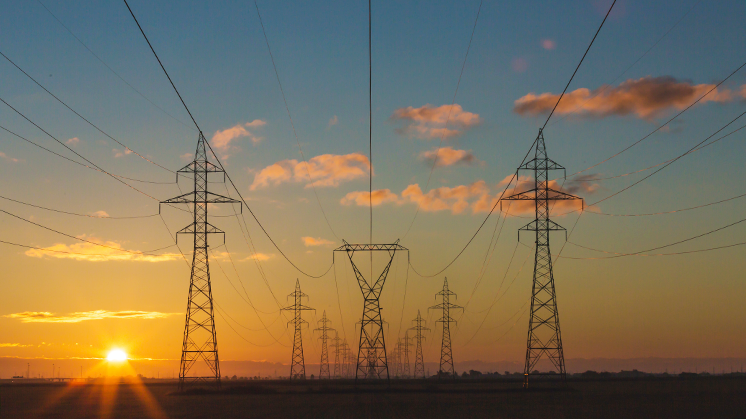
Energy Transition as a Service (ETaaS)
Your partner on the road to industrial electrification
The concept of Energy Transition as a Service (ETaaS) refers to the comprehensive service we offer corporations and companies whose activities are often difficult to decarbonise to help them reduce their carbon footprint.
At Iberdrola, we want to be a strategic and trusted energy partner, providing the necessary options every time to achieve our customers' decarbonisation objectives. These services cover the complete activity cycle of commercial and industrial customers, making them the driving force and main players in electrification and the energy transition.
How can industry participate in the energy transition?
Industrial or commercial customers can participate in the energy transition and also, if well advised, make a huge difference in the global fight against climate change. At the same time, they can improve their efficiency and cost-effectiveness and become a key player in building a sustainable economic future.
Industry’s main goal must be to reduce its carbon footprint through different actions. Two clear options for decarbonisation are: the use of renewable energy sources and the electrification of industrial processes, including those sectors considered 'hard to abate'.
Iberdrola's role in electrification
At Iberdrola, we want to play a key role in the economy’s electrification, driving the transition towards more sustainable processes and more efficient technologies, which will in turn allow us to achieve more competitive prices for consumers and attract industry that wants to electrify its energy consumption.
This commitment is reinforced by our investment strategy to drive the electrification of the economy. Furthermore, with our ETaaS, we want to position ourselves as the ideal energy partner for our customers’ efficient and sustainable transition.
If we want to be part of our energy system’s transition, we must decarbonise electricity production and as many production processes as possible. That is why more and more responsible companies are opting for greener and more responsible models, leading the way to a sustainable future.
A sound regulatory framework is essential to move towards emissions-free solutions efficiently and cost-effectively. Europe is at the forefront of the global energy transition with an ambitious network of environmental targets and policies, such as the European Green Deal. Launched in 2019, this strategy puts the energy and green transition at the centre of political action, driving transformational change for community members and businesses.

More on the electrification of the economy
The IEA heralds the ‘Age of Electricity’
The latest edition of the International Energy Agency's (IEA) 'World Energy Outlook 2024' report offers a comprehensive analysis of the current and future energy landscape, highlighting the pivotal role of electricity in this new era.
World Energy OutlookThe IEA heralds the ‘Age of Electricity’
The latest edition of the International Energy Agency's (IEA) 'World Energy Outlook 2024' report offers a comprehensive analysis of the current and future energy landscape, highlighting the pivotal role of electricity in this new era.
World Energy Outlook
















